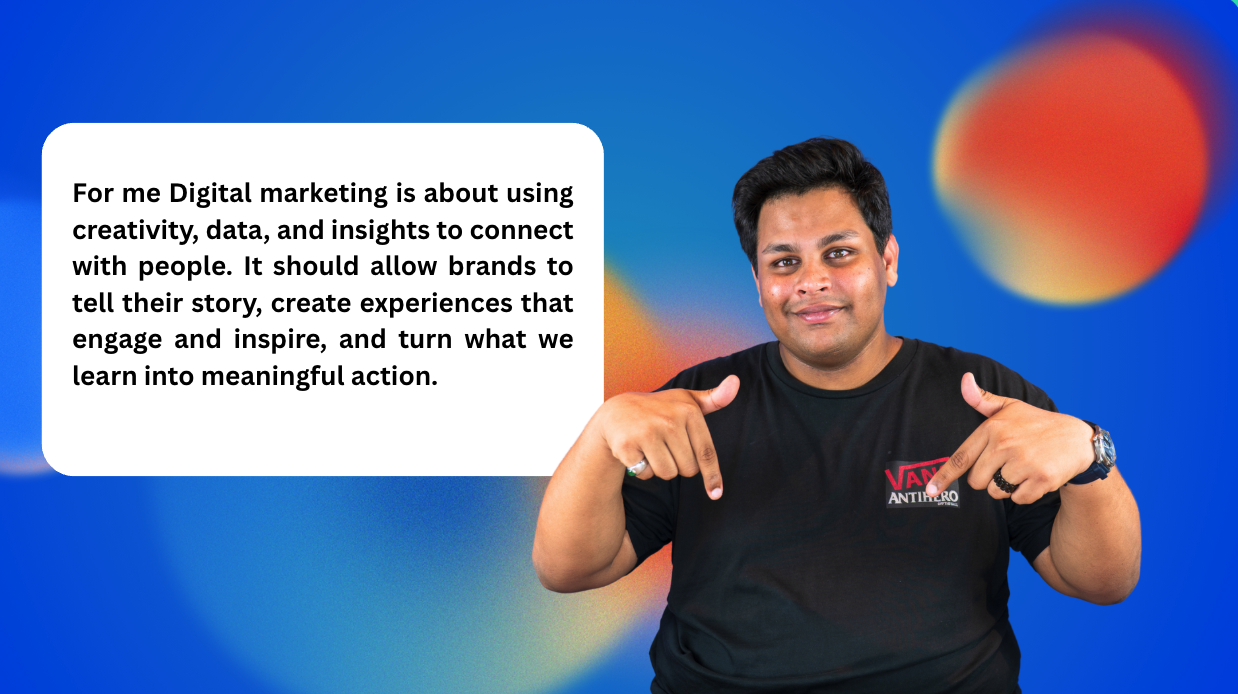
Thailand’s Digital Marketing in 2025

Thailand’s Digital Marketing in 2025:
How Businesses Can Win, Engage and Thrive Online
Ever wondered how Thai businesses are keeping up with the digital world? Or maybe more importantly, how they can actually thrive in a space that feels like it changes every day? With smartphones basically glued to hands and people scrolling, clicking, and messaging all the time, the digital landscape in Thailand is no longer optional, it’s the arena where brands live or fade away.
From Bangkok to Chiang Mai, Phuket to the smallest provinces, businesses are facing a reality check: traditional marketing methods are slowly becoming background noise, and the spotlight now belongs to clever, data-driven digital strategies. The COVID-19 pandemic didn’t just push people online for a few months, it rewired behaviors, creating habits that won’t just disappear. So, how can brands actually catch eyes, hold attention, and turn casual scrollers into loyal customers? That’s what this guide is all about.
Here are the top strategies shaping digital marketing for Thai businesses in 2025, and how ASM Marketing can help you navigate them, execute them, and see real results.
Localized SEO: Winning the Search Game in Thailand
What does it mean to actually show up where it matters in Thailand? How do you become the business people find when they type in “best coffee near me” or “Something in Thonglor”?
-
Google Business Profile Optimization: Think of this as your digital storefront. Make sure your info is complete, post updates, manage reviews, add images, and verify your location on Google Maps.
-
Thai-Language Keyword Research: Thai search habits are unique. From transliterated English terms to formal and informal spellings, the right keywords can connect your business with people who are already ready to buy.
-
Local Content Creation: Create content that actually feels local, like blogs about community events, pages for each neighborhood, or customer stories that showcase your service in a specific area.
-
Link Building: Collaborate with local businesses, news sites, and influencers to gain trusted local backlinks.
-
Mobile Optimization: Nearly everyone in Thailand browses on their phone, so speed, responsive design, and simplified navigation are non-negotiable.
When done well, localized SEO doesn’t just bring traffic, it brings intent-driven visitors who are already searching for what you offer.
Influencer Marketing: Partner with Voices People Trust
-
Types of Influencers: Mega, macro, micro, nano, each has a place depending on your budget and audience. Micro and nano influencers often deliver higher engagement because their audiences are hyper-focused.
-
Platform Choices: Instagram for lifestyle, TikTok for viral short videos, YouTube for detailed reviews, Facebook for broad reach, LINE for direct engagement.
-
Strategic Approaches: Build long-term relationships instead of one off posts, co-create products with influencers, encourage user-generated content, and provide behind-the-scenes access to make campaigns feel authentic.
-
Local Flavor: Incorporate Thai festivals, traditions, and culture. Campaigns during Songkran or Loy Krathong perform far better than generic campaigns.
Facebook and LINE Ads: Dominate the Platforms Everyone Uses
-
Facebook Ads: Use video, carousel, collection, and Stories ads, tailor content to Thai culture, design for mobile first, and experiment with bilingual content for urban and tourist audiences.
-
LINE Ads: Take advantage of Timeline, LINE TODAY, LINE MAN, sticker campaigns, and points/reward campaigns. Integrate chatbots, automation, and segmentation to reach users where they are most active.
-
Cross-Platform Synergy: Awareness on Facebook, conversion on LINE, consistent visual identity, and platform-specific content for maximum impact.
Beyond Courses: Practice Makes Perfect
Learning doesn’t stop with taking courses. ASM Marketing recommends:
-
Experimenting with your own projects, websites, or social channels
-
Using tools like ChatGPT or YouTube tutorials to reinforce learning
-
Applying new skills in real-world contexts to become work-ready faster
Remember, certifications are cool, but real experience is what makes employers and clients take notice.


